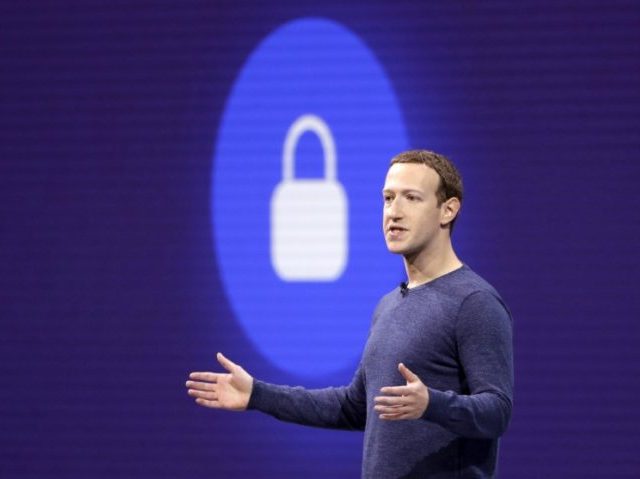Social media giant Facebook has now officially banned white nationalism and white separatism from its platform.
Motherboard reports that in a major policy shift, social media firm Facebook has officially banned white nationalism and white separatism from its platform. Facebook will also begin directing anyone that posts about these topics to a nonprofit aimed at helping individuals leave hate groups. The policy is set to be implemented next week following backlash from civil rights groups.
A report from Motherboard last year found that although white supremacy was explicitly banned on Facebook’s platform, “white nationalism” and “white separatism” were explicitly allowed on the platform. Many civil rights groups and historians alleged that there was no difference between the terms and all should be banned, now it seems that they have.
Brian Fishman, policy director of counterterrorism at Facebook, told Motherboard:
We’ve had conversations with more than 20 members of civil society, academics, in some cases these were civil rights organizations, experts in race relations from around the world. We decided that the overlap between white nationalism, [white] separatism, and white supremacy is so extensive we really can’t make a meaningful distinction between them. And that’s because the language and the rhetoric that is used and the ideology that it represents overlaps to a degree that it is not a meaningful distinction.
Facebook will begin banning any content that explicitly praises or promotes white nationalism or white separatism next week. Phrases such as “I am a proud white nationalist” and “Immigration is tearing this country apart; white separatism is the only answer,” will now be entirely banned from the platform. The decision was officially made at Facebook’s Content Standards Forum this week, Fishman stated that Facebook COO Sheryl Sandberg was involved in the decision but roughly three dozen Facebook employees worked on the policy.
Fishman stated that if users search for or try to post content related to white nationalism, separatism or supremacy, they will be directed to the website for Life After Hate; a group which was founded by former white supremacists and aims to help people leave hate groups.
Fishman stated: “If people are exploring this movement, we want to connect them with folks that will be able to provide support offline. This is the kind of work that we think is part of a comprehensive program to take this sort of movement on.”
Rashad Robinson, president of campaign group Color Of Change: “I do think it’s a step forward, and a direct result of pressure being placed on it [Facebook].” Ulrick Casseus, a subject matter expert on hate groups on Facebook’s policy team, discussed the decision to change the policy with Motherboard stating: “When you have a broad range of people you engage with, you’re going to get a range of ideas and beliefs. There were a few people who […] did not agree that white nationalism and white separatism were inherently hateful.”
Casseus added that many users espousing white nationalist or supremacist ideas were attempting to normalize their beliefs: “We saw that was becoming more of a thing, where they would try to normalize what they were doing by saying ‘I’m not racist, I’m a nationalist’, and try to make that distinction. They even go so far as to say ‘I’m not a white supremacist, I’m a white nationalist’. Time and time again they would say that but they would also have hateful speech and hateful behaviors tied to that. They’re trying to normalize it and based upon what we’ve seen and who we’ve talked to, we determined that this is hateful, and it’s tied to organized hate.”
David Brody, an attorney with the Lawyers’ Committee for Civil Rights Under Law which lobbied Facebook to change its policies last year questioned if Facebook deserved praise for this change: “It’s definitely a positive change, but you have to look at it in context, which is that this is something they should have been doing from the get-go,” Brody told Motherboard. “How much credit do you get for doing the thing you were supposed to do in the first place?”
Lucas Nolan is a reporter for Breitbart News covering issues of free speech and online censorship. Follow him on Twitter @LucasNolan or email him at lnolan@breitbart.com
